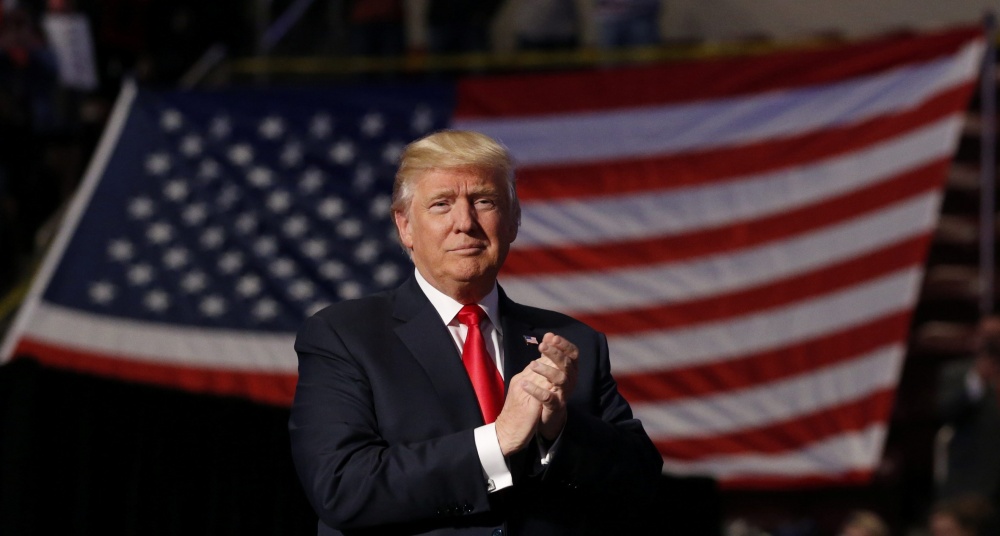President Trump denies tariffs were delayed by US bond sell off

WASHINGTON – US President Donald Trump has denied that the recent turmoil in the US bond market this month led him to delay the implementation of tariffs.
As reported by businessinsider.com in an interview with Time Magazine, published on Friday (25 April), Trump asserted that he is not concerned about the sharp movements in the bond market following his announcement of tariffs, which he referred to as "Liberation Day" on 2 April.
After Trump announced the massive tariffs, the yield on 10-year US government bonds surged to 4.45%, the highest level since January. Trump later announced a 90-day pause for most tariffs but told Time that the decision was unrelated to the sell-off in US government bonds.
He emphasized that the bond investors’ reaction did not worry him. “That wasn’t the reason for it,” Trump said.
“I did it until we got the numbers I wanted. I’ve met with many countries, spoken over the phone, and didn’t even want them to come,” he added.
After announcing the tariff pause, Trump told reporters that the bond market is highly unpredictable. “The bond market is very complicated. I’m monitoring it, but if you look at it now, it’s beautiful. The bond market right now is very beautiful,” he added.
Trump and Treasury Secretary Scott Bessent stated that the government is focused on the 10-year US bond yield, which affects the cost of rising interest rates for Americans.
However, according to Kevin Hassett, Director of the National Economic Council, the decline in the bond market forced Trump to act more "hastily" in deciding to suspend the tariffs for 90 days.
Peter Berezin, Global Strategist at BCA Research, noted that the bond market serves as a check and balance for Trump, unlike the stock market, which during Trump’s first term was used as an indicator of his administration’s performance.
The bond market, Berezin explained, determines what happens to mortgage interest rates for homeowners, not just property developers. Homeownership, he added, is more evenly distributed compared to stock ownership. “So I think the bond market is more important and more restrictive on Trump’s behaviour,” he said.
Michael Brown, Senior Research Strategist at Pepperstone, also argued that the bond market played a key role in Trump’s decision to reverse some of his tariff policies.
“We saw stocks drop sharply, US bonds sold off aggressively across the curve, and the dollar weakened significantly against almost all major currencies,” Brown said. “I think that really forced Trump to change some of his policy rhetoric.” (DK/LM)